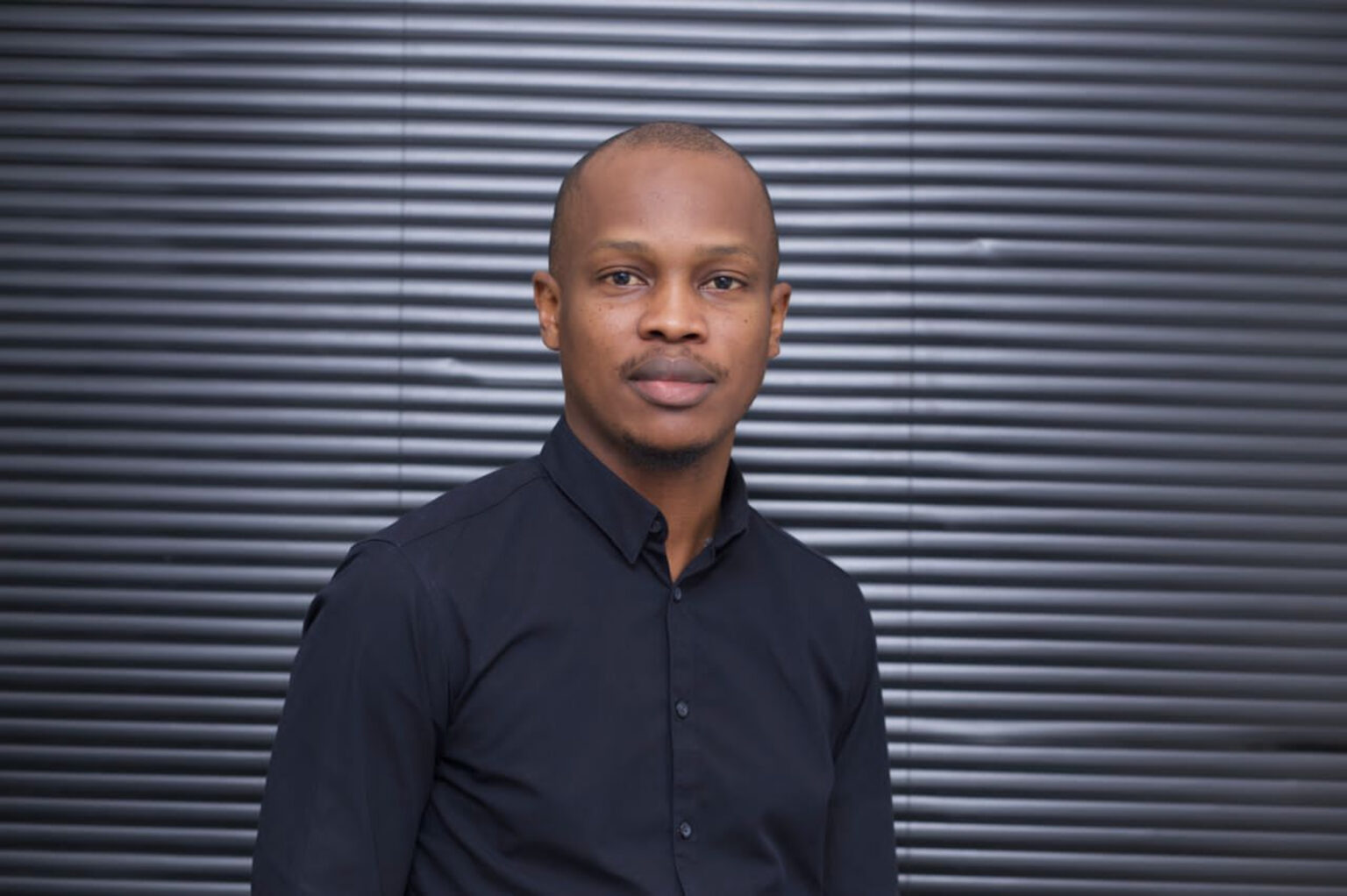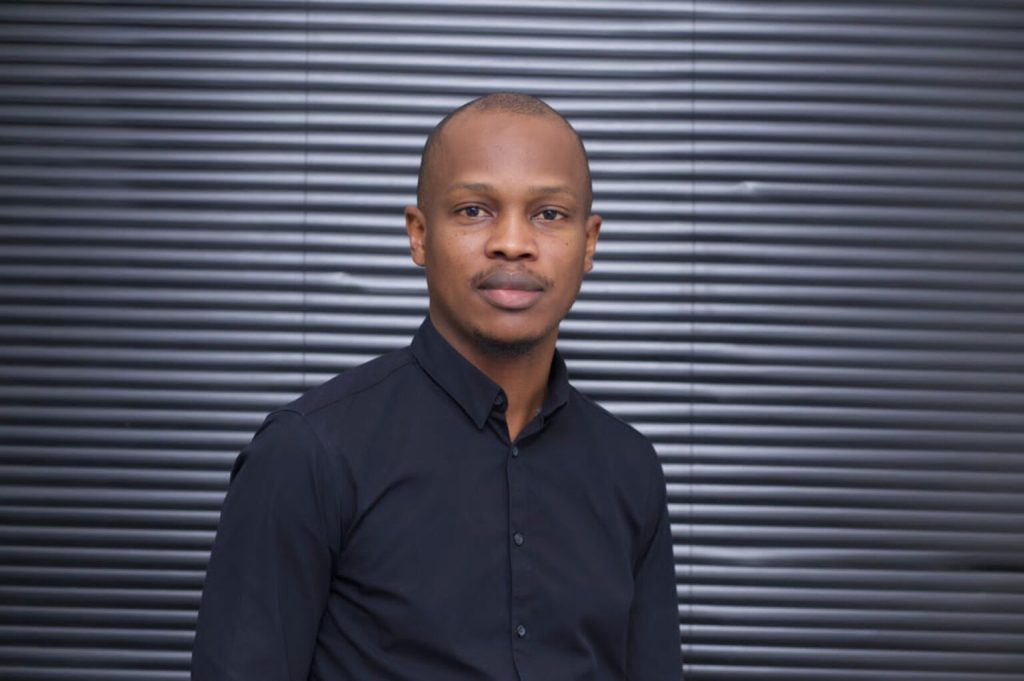
FIDIO MAKES STRIDES WITH INNOVATIVE HEALTHCARE DELIVERY IN NIGERIA
Nigeria faces a hydra-headed healthcare challenge that if not urgently tackled will lead to a full-blown national health crisis. These challenges include the high cost of quality healthcare, low access to basic healthcare, poor welfare package for medical practitioners, unending brain drain, and inadequate investment in medical infrastructure among others.
In the midst of this chaos trying to change the narrative and provide access to healthcare to those on the lower end of the food chain is FIDIO – an initiative by Alpha.MD is using telemedicine through Mobile Health Kiosks to provide affordable healthcare services to low-income households and communities in Nigeria.
Despite having the largest GDP of any African country, Nigeria’s spending on healthcare isn’t commensurate with the country’s earnings when compared with other large economies on the continent. In fact, Nigeria will need to invest an additional $82 billion to add 386,000 hospital beds to catch up to the world average of 2.7 beds per 1,000 people. Also, at least 2000 Medical Doctors migrate from Nigeria yearly to the United Kingdom, United States, Canada, Australia, UAE and South Africa all in search of greener pastures. This brain drain in the medical sector means that the current patient-to-doctor ratio in Nigeria stands at 4:10,000, which falls below the recommended 1:600 by the World Health Organization (WHO).
To combat this low patient-to-doctor ratio challenge, FIDIO provides thousands of Nigerians especially those in low-income communities access to quality healthcare through their community of Doctors via video calls.
Although the healthtech startup launched in 2017 as ALPHA.MD, it rebranded to FIDIO (sounds like “video” in Yoruba) recently, when the Mobile Health Kiosk launched. FIDIO was co-founded by Oba Sanni, an IT professional, and his childhood friend, Michael Talabi, a Cuba-licensed Medical Doctor now practising in Nigeria.

In a bid to provide affordable, convenient and accessible quality healthcare service to low-income families, Oba and Michael created an app with which people could receive medical attention from the comfort of their homes. They soon realized that wasn’t their target audience as most of these people preferred to walk into a hospital and interact with a Doctor physically.
“We did more research and realized there is a demography of people without access to healthcare at all. These are people in the low-income and remote areas, so we decided to focus on them,” Oba said. “But we encountered a challenge; most of these people have no access to smartphones so they might not be able to use the mobile app. This eventually led us to the idea of a Mobile Health Kiosk.”
These Kiosks have been retrofitted with devices such as smart screens (installed with the Fidio App), internet, solar inverters etc. For now, there are 3 of them located in Ajah, Ilupeju and Amuwo Odofin, all in Lagos. The choice of location is to consolidate the efforts of Dr Talabi who prior to the launch had an active medical outreach in these communities, including the Shanty community in Ajah where one of the kiosks is located.
At the kiosks, there are clinicians and auxiliary nurses who take the vitals and other preliminary readings of patients when they come in, input it in-app for the consulting doctor and record purposes and then connect them to one of the FIDIO community of Doctors via video call. The Doctors then make a simple diagnosis, hospital referrals, drugs prescription etc based on their interaction with the patient.
Each consultation session at the kiosk costs between ₦200-₦500 (subsidized) while follow-up consultations are free. ‘’Although we spend more than we make especially on the cost of consultants and auxiliary staff, so far, we have raised $150,000 from an Angel Investor, Olumide Soyombo and an initial $5,000 from the Tony Elumelu Foundation and other investors to keep business afloat,” Oba revealed. He added that the nurses and clinicians at each kiosk average 1000 patient visitations per month and have attended to about 30,000 patients since the Mobile Health Kiosk launched.
FIDIO makes access to quality healthcare available to low-income communities through video interaction with a community of seasoned and experienced medical practitioners across the country. The service is also affordable, and convenient, with an electronic record of every patient’s medical history. They also intend to start a remote monitoring feature for patients with chronic conditions to ensure adherence to treatment and instructions, thereby reducing the risk of complications and ensuring complete recovery of the patient.
In addition to making medical consultations available to all, FIDIO’s healthcare model holds the promise of revitalizing the primary and community healthcare system in Nigeria. So far, the health startup has helped increase awareness of the importance of routine medical checkups, while dissuading the use of self-medication in local communities.
Published on: Ventures Africa
